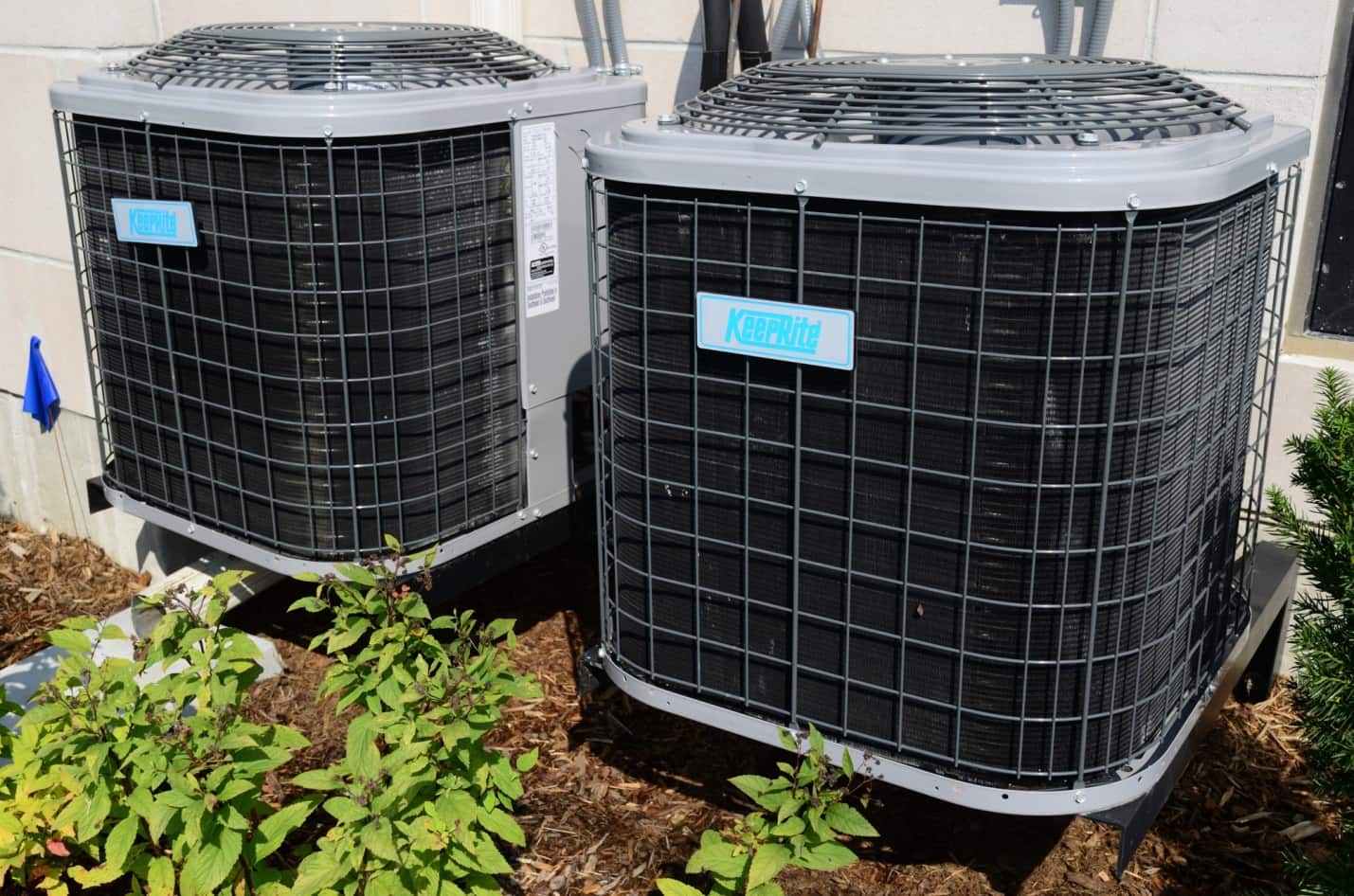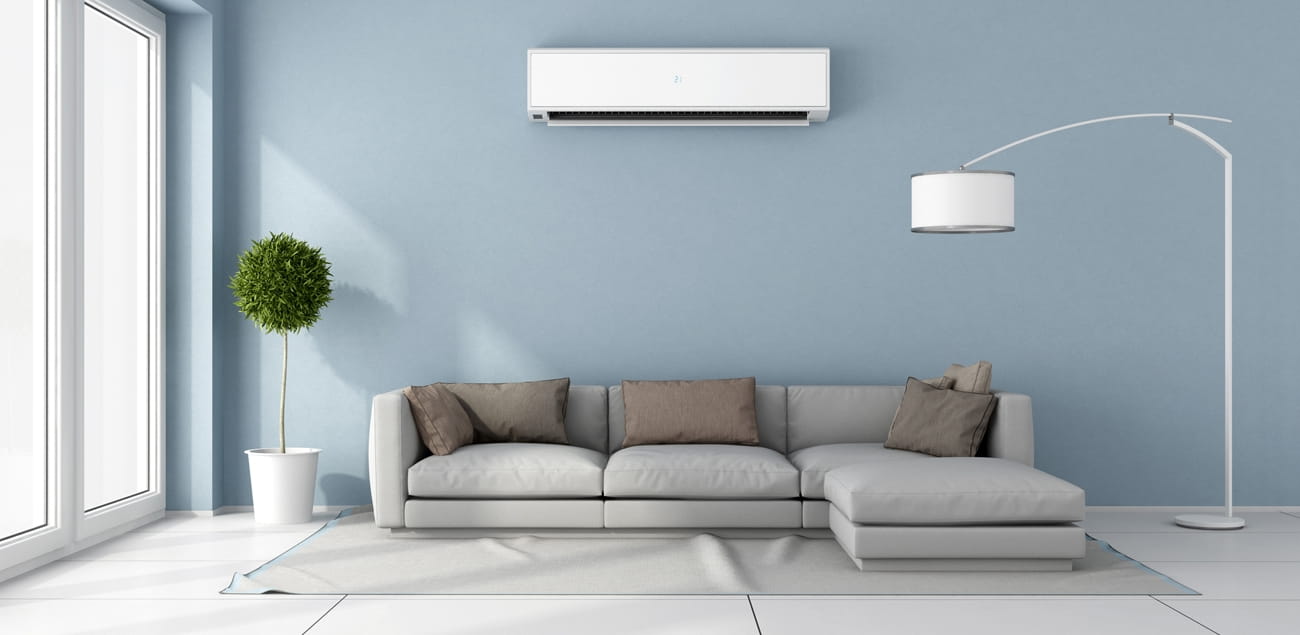A broken AC can really put a damper on your day. Read on to learn how to spot a broken AC and how you can keep your home cool in the meantime.
If you made it through the dog days of summer without a broken AC, count your lucky stars. Of course, you could also give credit to routine maintenance if you’re diligent about scheduling your service appointments.
Even with regular care, eventually, most cooling systems will need repairs. Sometimes a repair may come as a surprise. More often than not, if you pay attention to the signs, you’ll know how to tell if you’re dealing with a broken AC unit.
Don’t wait until you’re sitting in a hot, steamy house! Read today’s post and explore the signs you have a cooling system problem.
Your AC Is Full of Hot Air
When an air conditioner struggles to cool down your home, it’s hard to ignore. An ac unit that blows warm air should have an inspection, and likely will benefit from a tune-up.
One reason air conditioners fail to cool is a dirty condenser unit —a common repair due to a buildup of dirt on the coils. When your AC tech comes out to troubleshoot, don’t feel shocked if they find debris on the inside of the condenser unit as well.
Other parts could also cause your AC to stop cooling. An annual maintenance visit should help detect issues early before they turn in into major repairs.
During the service visit, your tech will look for worn parts and discuss potential repairs.
Does Your AC Run Constantly?
Watch out for the overworked air conditioner! It’s not that you’re putting the pressure on, but when it keeps on running long after it should shut down, you’ll likely discover you have a broken AC.
When the AC runs continuously and takes longer than usual to cool the house down, it’s time to investigate.
Experts in AC Repair in Riverside, CA, suggest having your HVAC technician check for a faulty blower motor or bad coils. Both parts should get inspected during your annual maintenance appointment.
Too Many Fluctuations in Temperature
One of the three primary functions of your AC is to keep the temperature inside your home consistent. Fluctuations in temperature usually indicate a problem with air circulation.
If your AC seems to have a problem circulating cool air, your service tech will check for the following:
- Dirty Air Filter
- Bad Compressor
- Faulty Condensor Fan Motor
If you notice extreme temperature fluctuations while operating the AC, don’t ignore it! You could pay with more than a little summertime discomfort. When the air conditioner struggles to run efficiently, you’ll end up paying higher cooling bills.
Speaking of cooling bills, an unexplained increase in your summer energy bills should pique your curiosity.
When Energy Bills Go Rogue
Unless your energy provider recently notified you of a rate hike, you’re experiencing an unusually hot summer, or you leave your AC running 24/7, higher than normal energy bills can be a clue you have a broken AC.
A faulty motor, capacitor, or compressor could cause your AC to work less efficiently. For example, if your condenser motor fails, it will struggle to remove the heat from inside your home. The motor may then run longer, resulting in high electric bills.
Ignoring an extreme increase in your cooling bills could mean missed opportunities to pinpoint the cause and prevent an AC breakdown.
Breakdowns and Aging AC Systems
You can do everything right to prevent a broken AC unit, but there’s one thing you can’t control — age.
Most air conditioners have an average lifespan of between 12 and 17 years.
Every year, manufacturers work hard to introduce more efficient and durable air conditioners. Even with the many advancements in cooling technology, AC components usually start showing wear right around the 10-year mark.
Depending on how well you maintain it, by age 15, you may need to consider replacing your AC, especially if you’re making consistent repairs.
The Sounds and Smells of a Broken AC
It’s a fact—air conditioners make noise. When you start them up after not using them during cooler weather, they may even smell. That said, some noises and odors point to a possible broken AC.
When AC parts begin to wear out, you may notice grinding and squealing. That’s not normal cooling system behavior!
Regarding smells, sometimes air conditioners develop a musty odor. While it’s not pleasant, it doesn’t indicate a severe problem.
The following smells could mean trouble:
- Burning Electrical Odor
- Rotten Egg
- Natural Gas
If the odor coming from your AC smells like raw sewage, call the plumber! For all other sounds and smells, get in touch with your AC repair technician.
Problems at Command Central
Did you know your cooling system has a central command station? It’s the thermostat!
Thermostats tell your AC when to turn on and turn off. It depends on calibration, and when not calibrated correctly, the thermostat sends mixed messages to your AC.
Remember when we discussed temperature fluctuations earlier? If you set the thermostat to the temperature you want, but your home continues to feel too warm or too cold, keep calm. Before you panic and think you have a bad fan motor or condenser/compressor, check your thermostat calibration.
If you discover problems with the thermostat other than incorrect calibration, replacement likely won’t break your budget. Most annual AC maintenance includes thermostat inspections and calibration.
Ready to Ride Out the Rest of the Summer?
When your AC works efficiently, it makes summertime more enjoyable, but a broken AC can wreak havoc with your warm-weather plans. Taking a few minutes to explore how to cool down your house when your AC doesn’t work, or how to know whether you have a broken AC fan can save time, money, and avoid stress.
If you’ve enjoyed this post, we invite you to continue browsing the blog. You’ll find articles on topics of interest to anyone who lives in a home or apartment. Our mission is to make taking care of your home more fun and less overwhelming!







